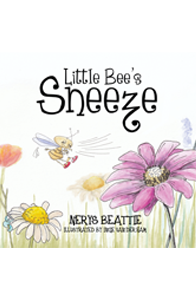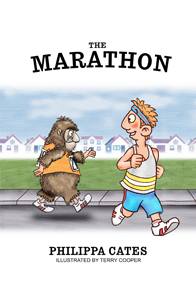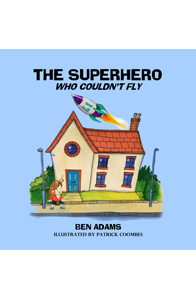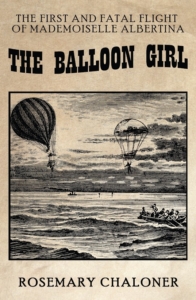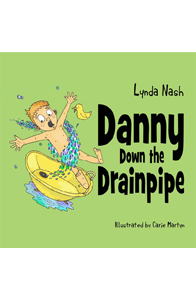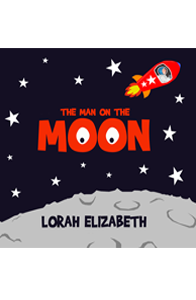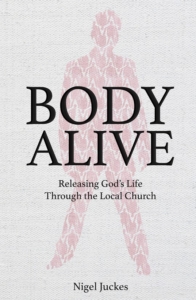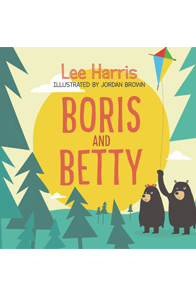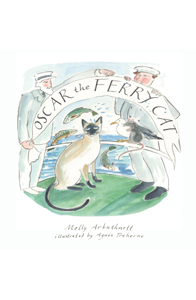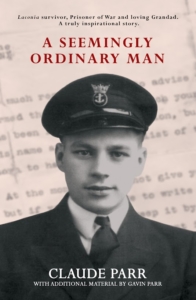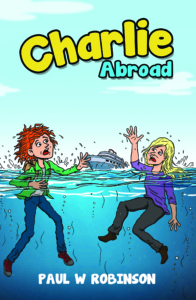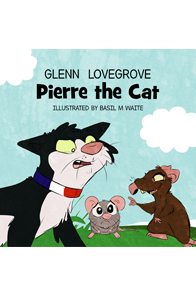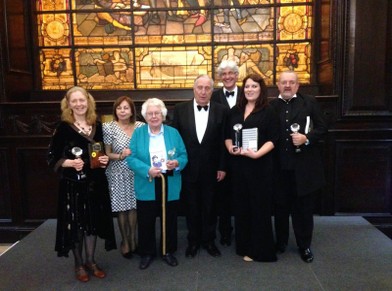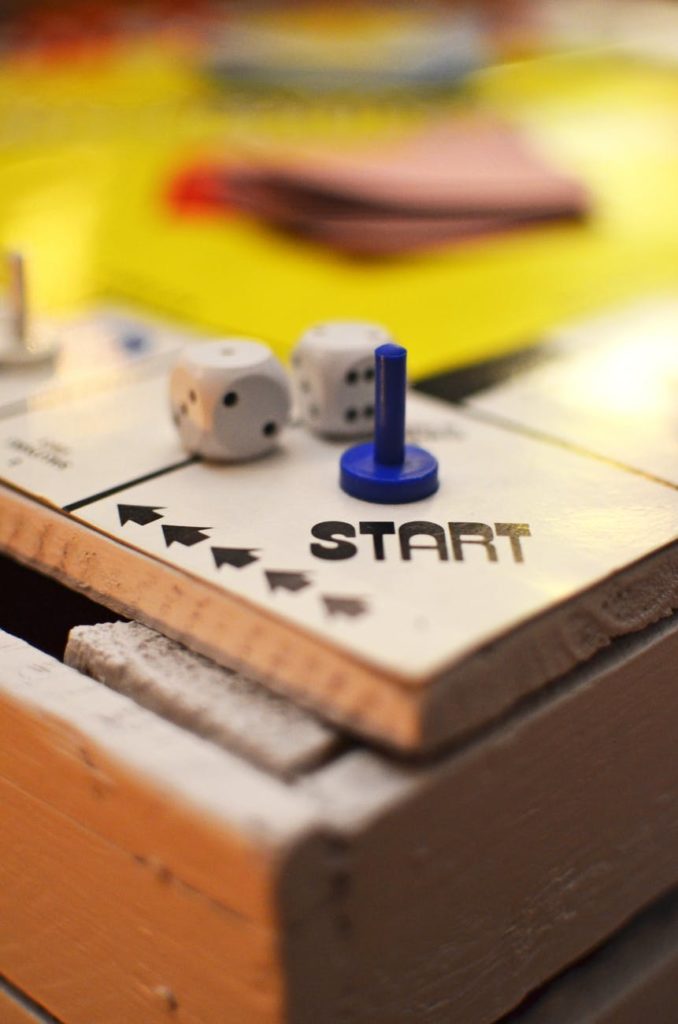
It’s a few days into the New Year and I’m sat at the table with my laptop; it is the sort which comes apart at the touch of a button to become an even more portable tablet and an increasingly useless keyboard. It’s not new. It used to be but like everything, myself included, it gets old and the once-shiny black cover on top is now showing signs of age. I receive frequent reminders to increase my cloud storage capacity and, when I was using it recently, I even suffered the humiliation of being chided about how small the laptop was…
Before the first of those words leapt onto the screen I was sat on the sofa with legs outstretched and a cuppa down by the side of me. It sounded great when I pictured it, it still felt great when I was in that moment right up until the point when I tried to type on a tablet and… well, I just couldn’t. It was so uncomfortable. Maybe it was just me that was uncomfortable due to a week or so of consuming (throwing away) lots of vegetables, drinking (drowning in) alcohol and having one or two (tubs) of Celebrations. And so, it was with a bellyful of indigestion (regret) that I sat down to continue the series of blogs that I hope you are finding enjoyable and challenging.
No sooner had I sat down I was thinking about time and the passing of it. The new calendar heralds a New Year and an opportunity for change but what intrigued me is the relation that time has to writing. For instance, the publisher may post this particular piece in April thus rendering the spirit in which I produced this article redundant. Alternatively, the blog could be posted tomorrow but may only be found and read twenty years later by someone searching on the publisher’s website. Or, there is always the possibility that the blog is never disseminated at all and it is left to a family member to read over, just some rubbish his or her great-grandfather produced years before. George Orwell’s Animal Farm was too politically volatile to be published until many years later while Margaret Attwood challenged herself to set her writing a century prior to the time when she actually produced it in Alias Grace. In George Orwell’s case, such was the inability of people in power to change their ways the novel was – and still is – just as relevant today whereas a quick glimpse of the housekeeping methods in Attwood’s novel will illustrate just how much other things can change over the years.
My point here, to paraphrase Roland Barthes, is that writing is completely independent of the author and that ‘the passing of time’ can have untold effects on not only the writing but on the critical thoughts applied when reading a text. The attitudes shown towards Othello for his race in 16th century Venice were more subtle and less shocking than those in To Kill A Mocking Bird or A Colour Purple. Despite these novels being produced 300 years or more later it is the social environment in which they are set which dictates the views of the people occupying these habitats. Reading these novels today it is extremely frustrating to believe that the attitudes towards education of ethnic minorities, education of women and the general treatment of ethnic minorities could be so ignorant in such a recent time.
Society and language are forever evolving; phrases, housekeeping processes, methods of transportation, means of communication, clothes, fashion, music… the list is endless. Let’s revisit the first paragraphs of this blog, what do we know? Its a few days into the New Year thus establishing the time of year. I possess a laptop which would certainly date this as being within the last 40 years, the last twenty if we consider whether they are widely used or not, or even the last ten years if we think about the type of laptop it is with its removable keyboard. I even told you that it was a few years old so an educated guess would place the laptop between 2-8 years old. From the information above you could probably come up with a reasonable estimate as to what year this piece has been produced. Writers do this all the time, maybe unconsciously at times. The changing of seasons, description of a child’s growth or a character’s signs of aging can certainly keep the reader up to date with any changes to the timeline which have been applied by the author.
This week I would like to ask you to look around your home, look into your daily habits and look at the people around you happily going about their daily business. What do you see that you wouldn’t have seen twenty years ago? What do you see now that makes you happy or sad that it is a part of modern culture? What do you see that you don’t think will be around in twenty years time? Now try writing a piece which:
a) Laments the loss of something taken for granted today.
b) Imagines a best or worst case scenario following an increased reliance on one particular piece of technology / social habit.
Happy New Year (whenever you read this) and happy writing!
A blog by Steve Marshall
—

 In last week’s blog I asked everyone to have the courage to write. To write something, anything. Writing may come easier to some than to others so it got me thinking about where writing begins.
In last week’s blog I asked everyone to have the courage to write. To write something, anything. Writing may come easier to some than to others so it got me thinking about where writing begins. 

